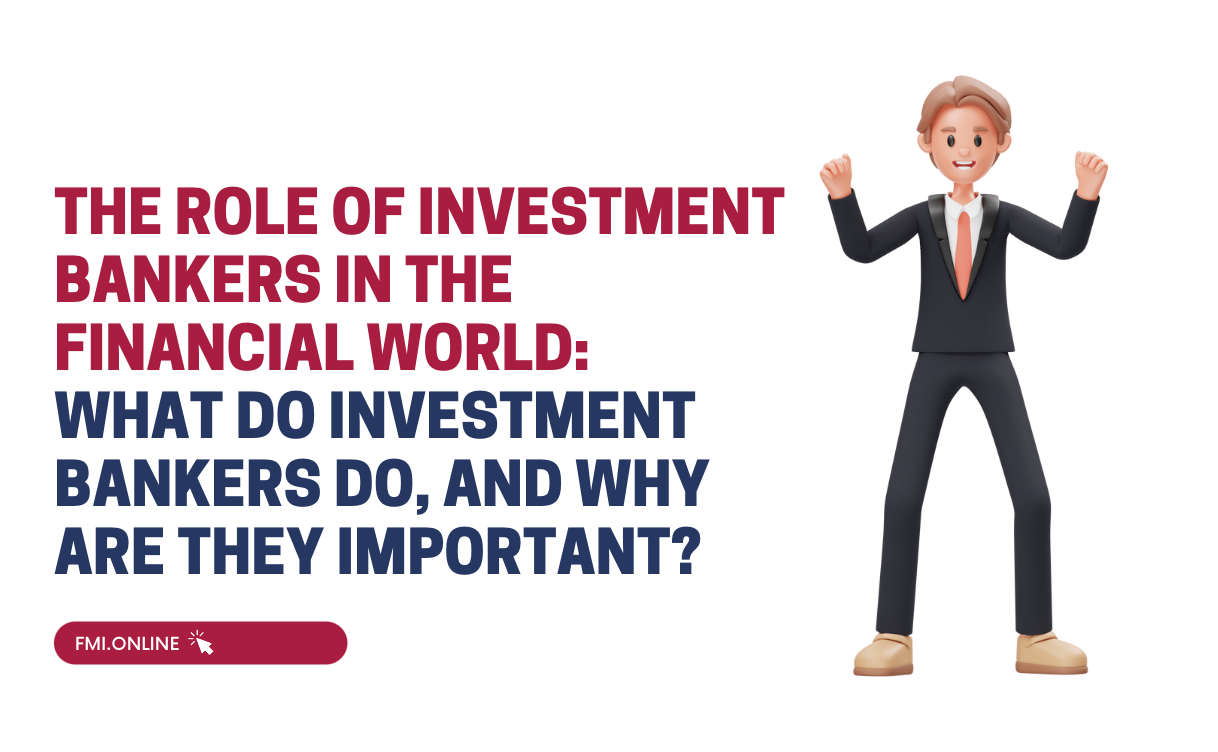Investment banking is well-known as a competitive career stream. Even with its long working hours, cut-throat competition, and often stressful nature of work, hundreds of thousands of people are attracted to this field despite the slim selection rates. It is worth noting that only 4% of Goldman Sachs’ 40,000 plus applicants get selected for their analyst program, and about 2% of Morgan Stanley’s 90,000 applicants get selected. This clearly shows the interest of finance professionals to get into investment banking. But why so. Here’s why:
Generous compensation levels
An investment banker works with companies on large corporate transactions, such as mergers & acquisitions, raising funds, conducting IPOs, etc. Due to the industry’s focus on helping companies earn more money, it makes sense that the people working in it would also earn large compensation packages. If money is a motivator for you, investment banking should definitely be on your list. An entry level analyst could expect to earn anywhere from $80,000 to $200,000 a year. This compensation is generally made up of base salary, performance-based year-end bonuses, and signing bonuses.
Growth opportunities
Although investment banking doesn’t exactly offer a healthy work-life balance, if you are someone who is passionate about finance, you can find multiple opportunities to grow in this career. Generally, hierarchy in an investment bank starts with interns or analysts, followed by associates, VPs, leading all the way up to managing directors. Within two to three years, one could develop key business, financial and non-technical skills, and strenghten their network, after which the opportunities are abound. One could continue to progress within the industry or switch careers to industries which require a similar skill set. Investment banking professionals are highly desired by sister industries such as private equity, venture capital, and hedge funds.
Networking and personal development
One of the benefits of working in a highly competitive industry is that you work with highly intelligent and well-connected individuals. You would find that both your clients and your colleagues are very skilled at what they do – whether it’s working on the latest technologies, government policies, or solving real world problems. You would also be part of challenging transactions and might get major responsibilities within a couple months of joining the investment bank. Scope of personal development is also enormous due to the continuous learning from your colleagues as well as the chance to learn everything from analytical thinking to communication to financial modelling. It is also for this reason that many top executives from companies, governments, and central banks have prior experience in investment banking.
Prestige
Working in institutions with more than 100 years of rich history is a matter of prestige in itself. It would indeed boost your resume and you will be highly employable. You can also easily switch to other departments in the bank in order to improve work-life balance, such as the wealth management advisory. With the current rise of start-ups, especially neo-banks and fintech firms, the prospects of leading a department in one of these areas or starting your own business improve drastically. With a name like Morgan Stanley or JP Morgan associated with your resume, getting into places and building a network becomes easier.
Apart from all the financial, social, and non-financial perks, the most compelling reason why you should seriously start thinking about investment banking is your passion for finance. If finance, deal making, and challenges excite you then perhaps investment banking is the most suitable field for you. To take one step towards your passion, enrol in FMI’s investment banking course.












 60+ hours
60+ hours 9 courses
9 courses



